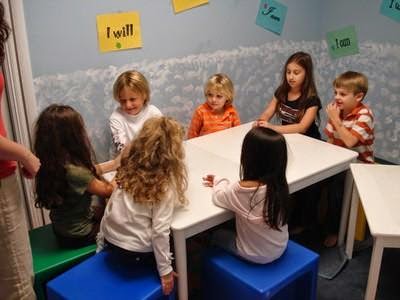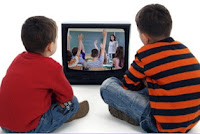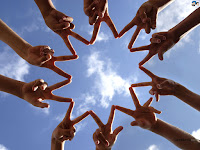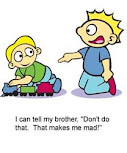Social Skills Training for Children with High-Functioning Autism and Asperger's

This post will provide some crucial guidelines for how parents and educators can teach social skills to children with Asperger’s (AS) and High-Functioning Autism (HFA) at home and in the classroom. These “special needs” children often have difficulty saying what they mean, planning and controlling what they do, noticing and interpreting facial expression and body language, understanding what someone has told them, and accurately perceiving what other people do, say, or demonstrate. Fortunately, they have a patient and supportive adult like you. The ideas presented below will show you how to support them as they struggle to show the new behavior, and how to focus on progress rather than perfection. Social skills are those self-management, problem-solving, peer-relations, decision making, and communication abilities that allow the AS or HFA youngster to initiate and maintain positive social relationships with others. Deficits in social behavior interfere with learning, te





